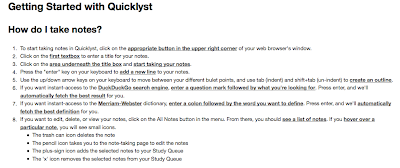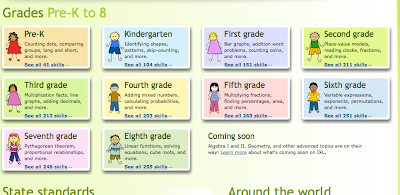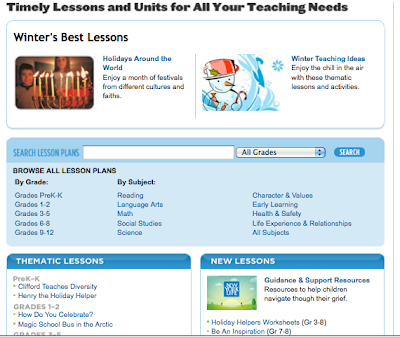
If you are looking for quality classroom resources, check out the Library of Congress website for teachers. The url is: http://www.loc.gov/teachers
The layout of the site "keeps it simple" and is easy to navigate.
As you can see from this screen shot, you will find classroom materials and opportunities for your own professional learning. There are 15 modules of online PD for teachers that take from 45 - 180 minutes to complete.
You will also find classroom material including: lesson plans, themed resources, primary resources, presentations, activities, and the LOC's collection specific resources. The classroom materials for language arts, social studies and library/technology are searchable by topic and era. Lessons are aligned to state standards. I like the searchable lesson database that allows you to choose state, grade and subject.
Teachers are always looking for quality images that are not blocked in schools. You will find that on the LOC site and teachers are allowed to use the materials for their classroom. On the additional resources tab you will find another collection of information for music, science, newspapers, the Veterans History Project, and more...
This is a great site that contains relevant material and activities that will help you add rigor to your classroom lessons. Let me know how you use it and share your suggestions for using the site as a comment here.















































